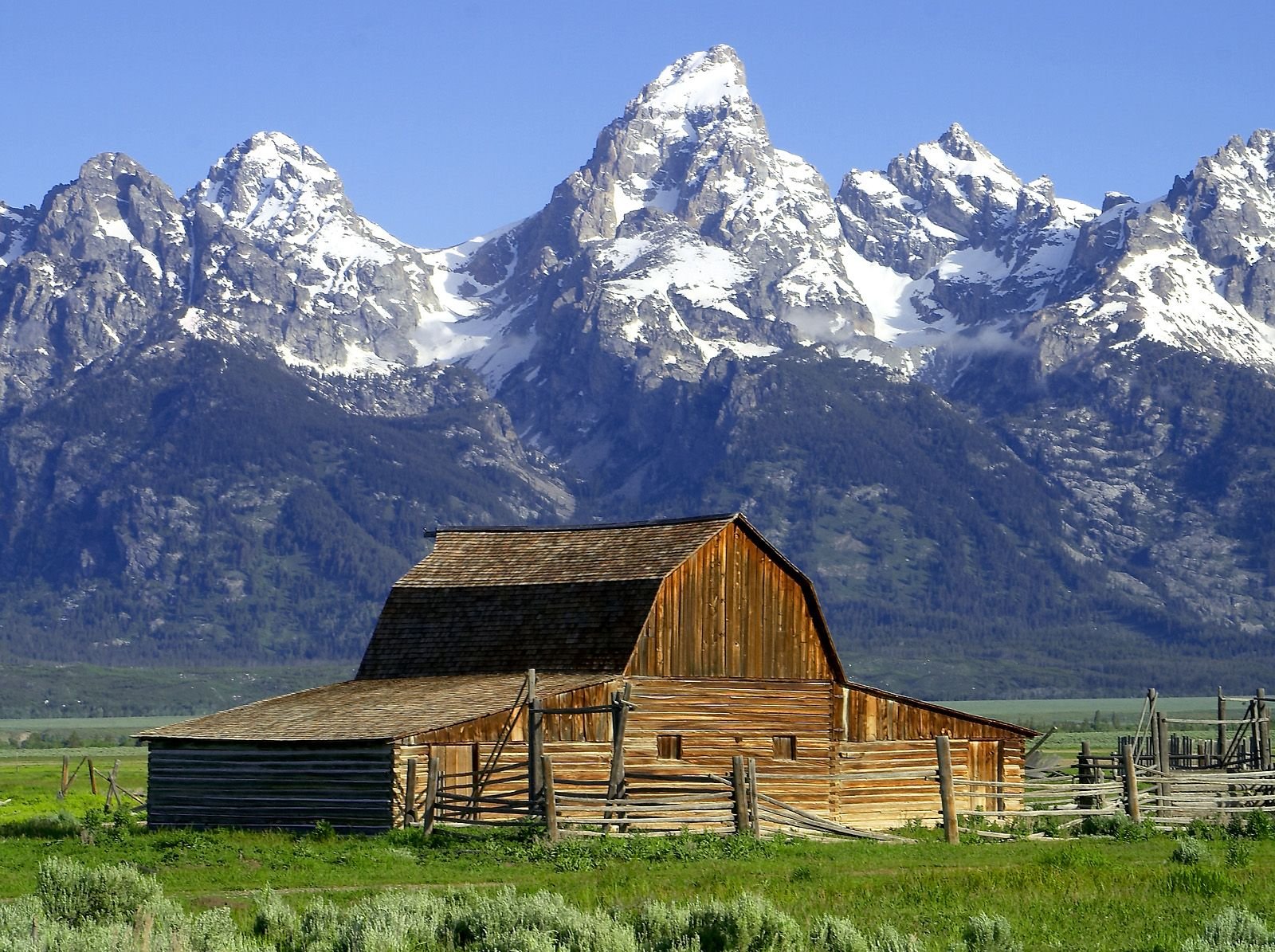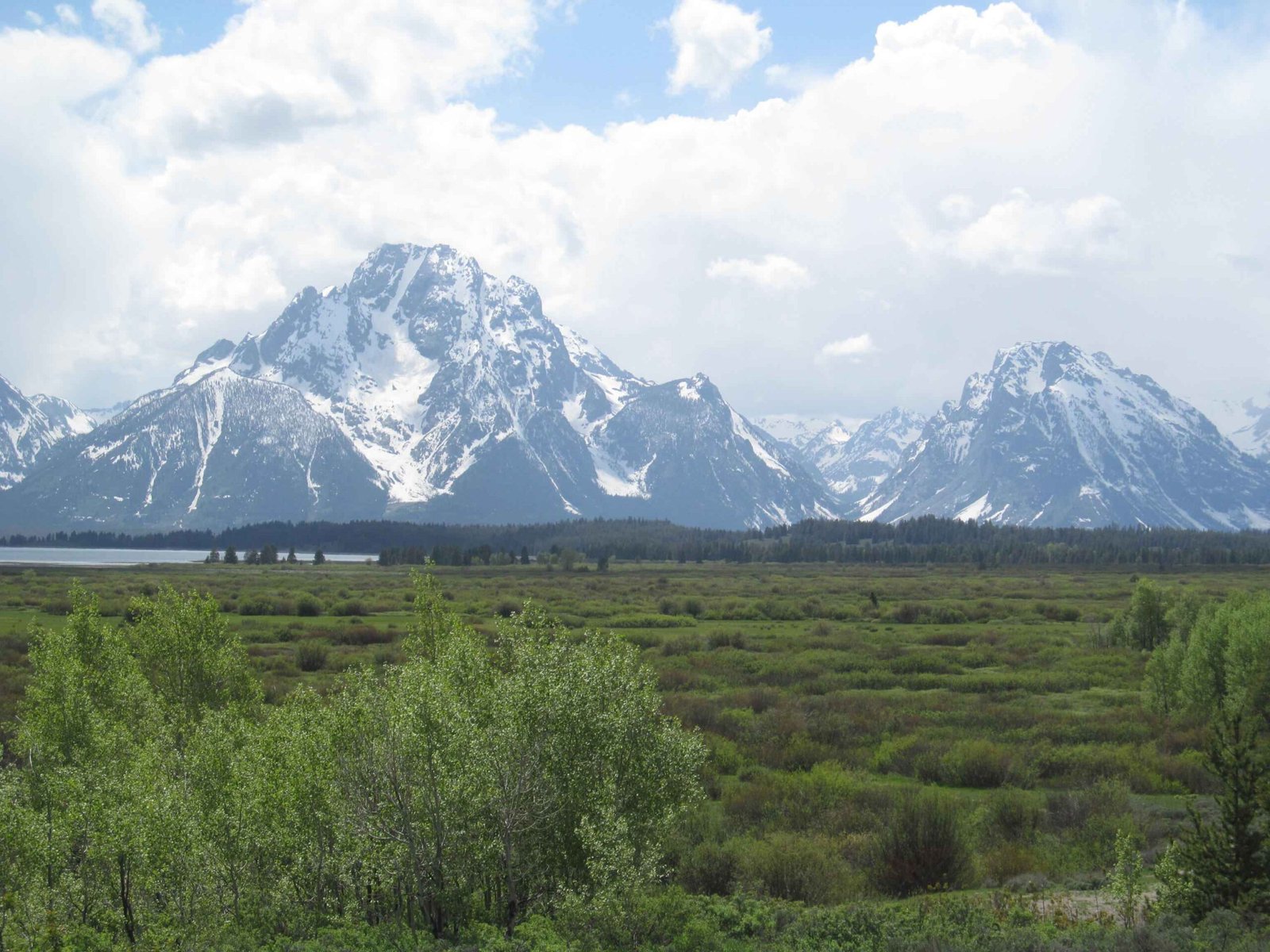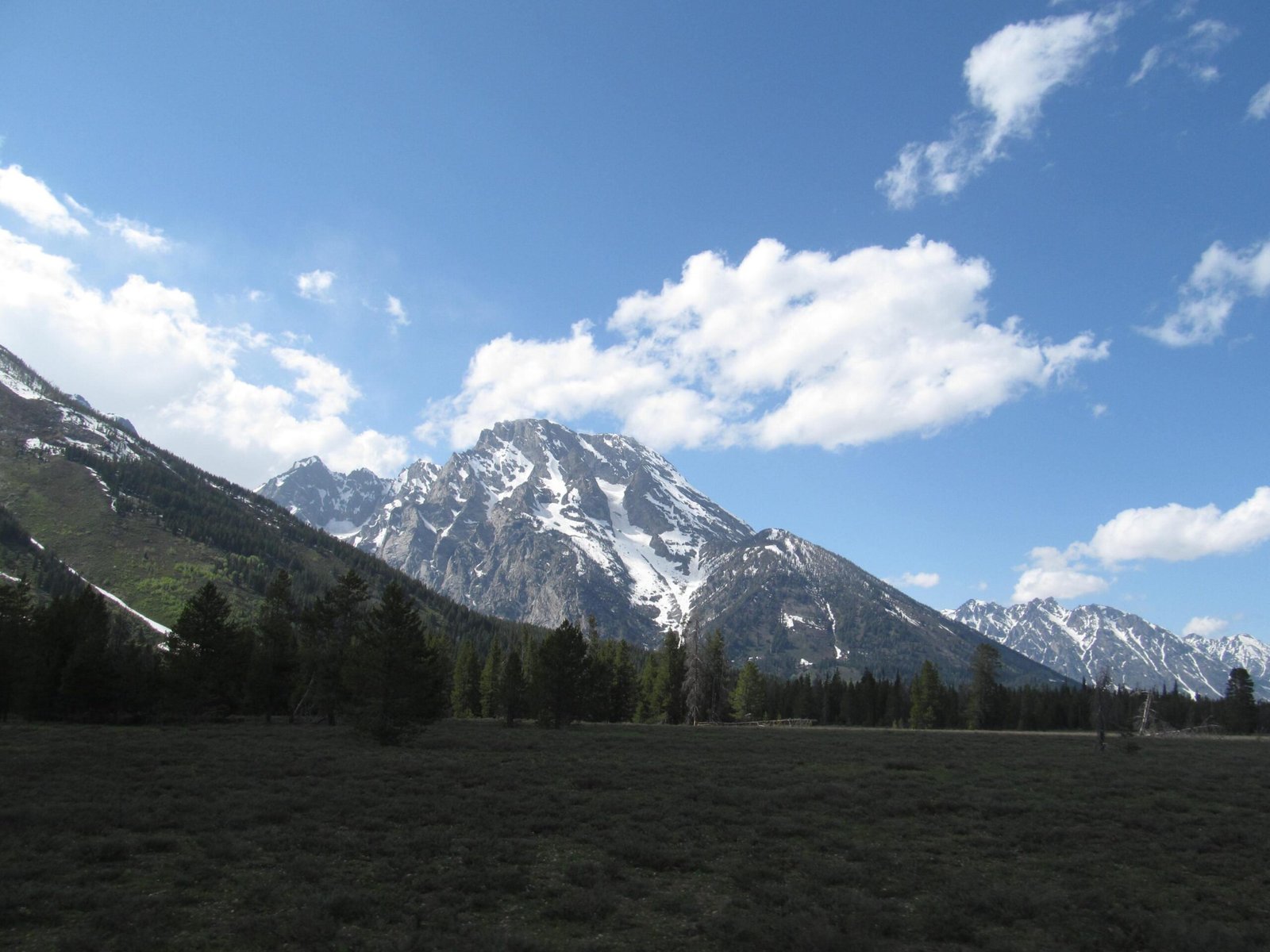Grand Teton National Park art represents a profound visual narrative of one of America’s most spectacular natural landscapes. Artists and photographers have long been captivated by the park’s dramatic mountain ranges, diverse wildlife, and ethereal light conditions, transforming this wilderness into a canvas that captures the raw beauty of the American West through various artistic mediums and creative expressions.
What Makes Grand Teton National Park a Unique Artistic Destination?

Landscape Painting Hotspots
| Location | Best Time | Artistic Characteristics |
|---|---|---|
| Oxbow Bend | Early Morning | Reflective water, mountain silhouettes |
| Moulton Barn | Sunrise | Historic structures, dramatic mountain backdrop |
| Signal Mountain | Late Afternoon | Panoramic valley views |
Artists find Grand Teton National Park an extraordinary canvas due to several distinctive features:
- Dramatic Mountain Topography: The Teton Range provides a stunning, jagged backdrop that challenges and inspires artists.
- Diverse Ecological Zones: From alpine meadows to dense forests, the park offers multiple visual narratives.
- Abundant Wildlife: Moose, elk, bears, and birds provide dynamic subjects for wildlife art.
Who Are the Prominent Artists Capturing Grand Teton?
Landscape Photographers
- Thomas Mangelsen – Known for capturing wildlife and landscape scenes
- Jack Brauer – Specializes in mountain and wilderness photography
- Michael Melford – National Geographic contributor focusing on national park landscapes
What Artistic Mediums Represent Grand Teton?
Artists utilize various mediums to capture the park’s essence:
- Oil Painting: Traditional landscape representations
- Watercolor: Soft, ethereal interpretations of mountain scenes
- Photography: Capturing precise moments of natural beauty
- Mixed Media: Combining traditional and contemporary techniques
Where Can Artists and Collectors Find Grand Teton Art?
Recommended Galleries and Platforms
- Jackson Hole Art Galleries
- National Park Service Gift Shops
- Online Platforms:
- Etsy
- Fine Art America
- Local Wyoming Artist Websites
How Do Artists Capture Wildlife in Grand Teton?
Wildlife art requires patience and technical skill. Key strategies include:
- Early Morning Observations: Best time for animal activity
- Telephoto Lens Techniques
- Understanding Animal Behavior
- Respecting Wildlife Boundaries
Conservation Through Art
Grand Teton National Park art serves a deeper purpose beyond aesthetic appreciation. By showcasing the park’s beauty, artists:
- Raise environmental awareness
- Document ecological changes
- Inspire conservation efforts
- Preserve visual historical records
Technical Considerations for Artists
Photography Tips
- Use tripods for landscape shots
- Understand golden hour lighting
- Experiment with different focal lengths
- Respect park photography guidelines
Seasonal Artistic Opportunities
| Season | Artistic Highlights |
|---|---|
| Spring | Wildflower meadows, emerging wildlife |
| Summer | Lush green landscapes, active fauna |
| Autumn | Dramatic color changes, migration scenes |
| Winter | Snow-covered peaks, minimalist compositions |
Conclusion

Grand Teton National Park art transcends mere visual representation, offering a profound connection between human creativity and natural magnificence. Each artwork tells a unique story of this extraordinary landscape.

